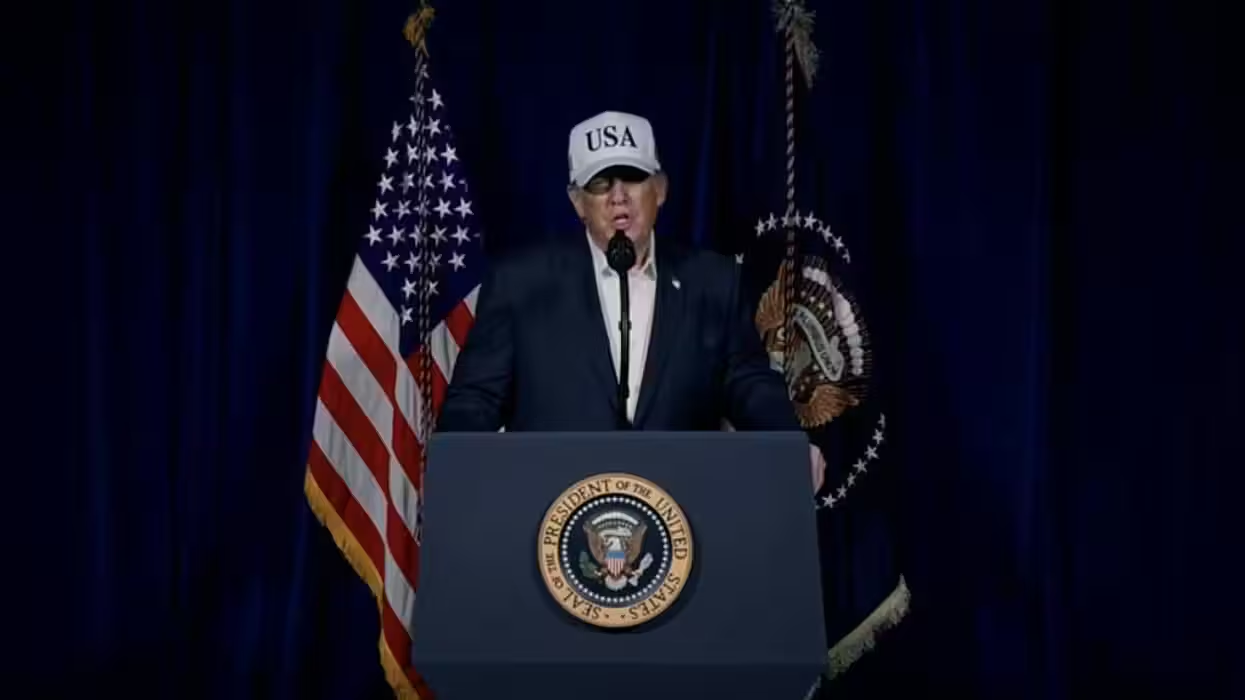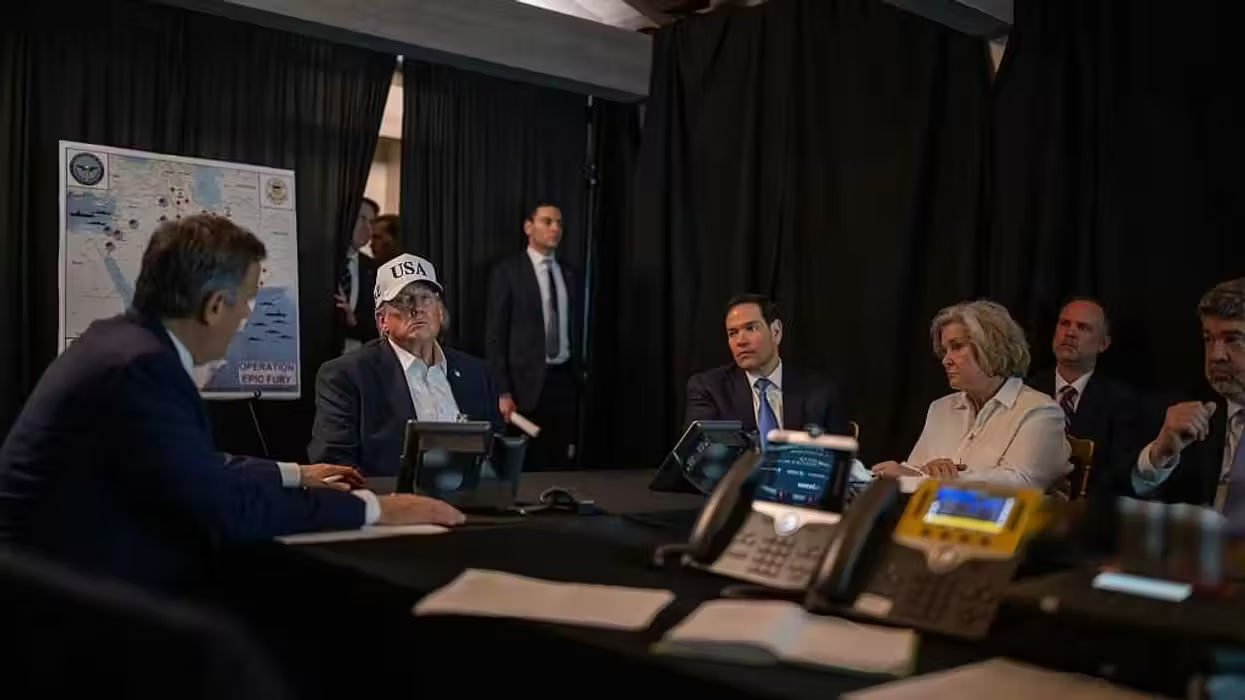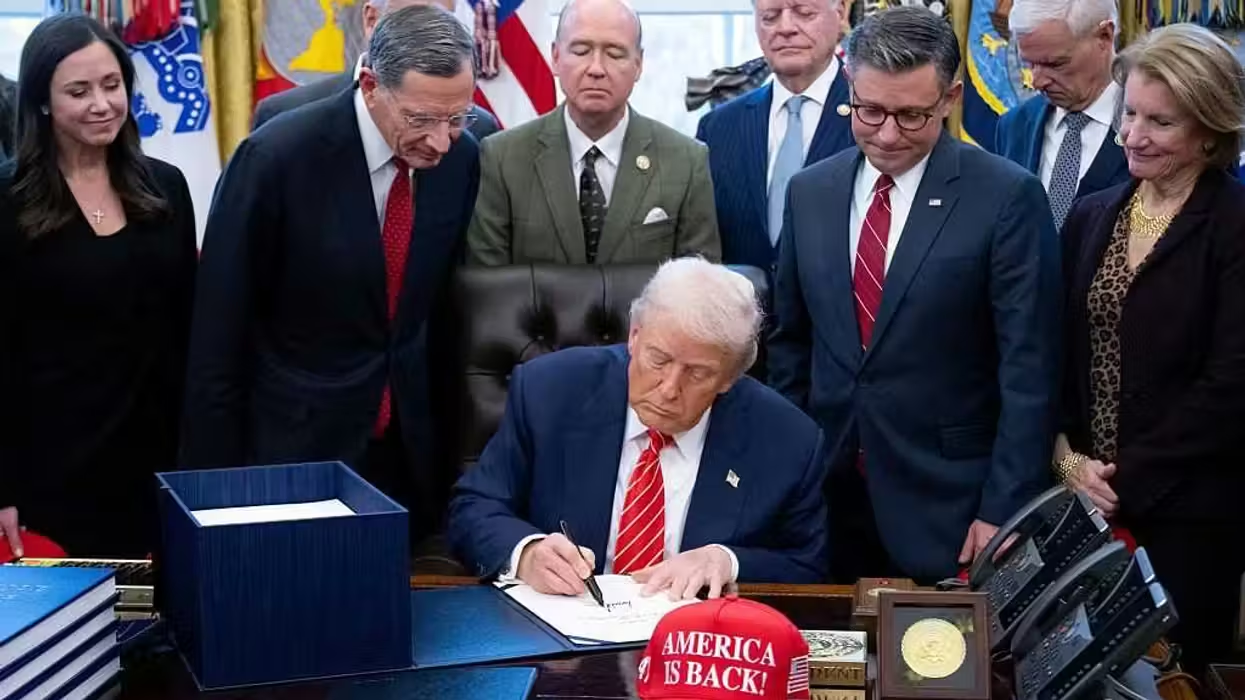President Barack Obama said the U.S. government has "let down" the families of Americans held captive by terrorists and foreign governments.
"Families felt threatened for exploring options to bring their loved ones home," Obama said Wednesday as he announced new U.S. policy on how to handle American hostages. "These families have suffered enough and should never feel ignored or victims by their own government."
 President Barack Obama speaks about the U.S. government's hostage policy review in the Roosevelt Room of the White House, June 24, 2015. (SAUL LOEB/AFP/Getty Images)
President Barack Obama speaks about the U.S. government's hostage policy review in the Roosevelt Room of the White House, June 24, 2015. (SAUL LOEB/AFP/Getty Images)
Obama's executive order and presidential directive sets out how the U.S. government will work in coordination to rescue hostages taken abroad, including with their families, and makes official for the first time that the U.S. will permit — and even engage in — communication with hostage-takers or their intermediaries.
Under the new policy, families who try to pay ransom to the terror groups will not be threatened with prosecution.
However, Obama was clear that the longstanding U.S. policy of not making concessions to terrorists has not changed.
"The U.S. government paying ransom risks endangering more Americans and funding the dangers we are trying to stop," Obama said. "That does not prohibit communication ... when appropriate, the government may assist families in communications."
The policy change comes after multiple Americans have been held captive and killed by the Islamic State terror group, including James Foley, Steven Sotloff, Peter Kassig, and Kayla Mueller.
In December 2014, Obama directed a comprehensive review of U.S. policy toward overseas hostage-takings. The review recommended other actions the government can take to do everything possible to secure the return of a hostage.
The president met with some of the families of Americans held hostages before his remarks. He said they told him stories about their "frequent frustration" in dealing with government agencies and getting "lost in the bureaucracy."
The reorganization under the president's directive includes the appointment of a special envoy at the State Department to lead hostage negotiations. It also establishes a "hostage recovery fusion cell" that allow interagency coordination between the FBI, the Department of Defense, the State Department, the Justice Department of Justice, the Treasury Department and the intelligence agencies. The White House National Security Council will run a hostage response group to constantly review and provide guidance.
The new policy also includes an “issue manager” in the intelligence community to coordinated hostage-related intelligence, including the possibility of sharing certain classified information with families of captives or declassifying the information.
"Many families felt like an afterthought, that law enforcement acted begrudgingly in giving information," Obama said. "That ends today."
Officially, the White House has insisted that allowing families of hostages to make payments to terror groups allows those groups to use the money to finance acts of violence against Americans and allies.
However, the federal government has worked behind the scenes with captors in some cases to gain the release of hostages. The FBI reportedly helped facilitate a ransom payment from Warren Weinstein’s family to Al Qaeda for his release. The White House asserted that helping a family pay is not the same as the government paying.

 President Barack Obama speaks about the U.S. government's hostage policy review in the Roosevelt Room of the White House, June 24, 2015. (SAUL LOEB/AFP/Getty Images)
President Barack Obama speaks about the U.S. government's hostage policy review in the Roosevelt Room of the White House, June 24, 2015. (SAUL LOEB/AFP/Getty Images)






